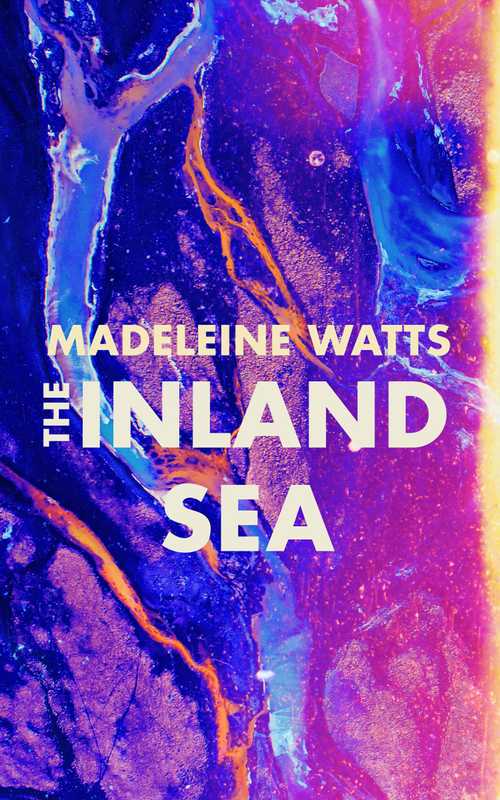The Inland Sea
Madeline Watts
May 08, 2021
The Inland Sea by Madeline Watts is the story of a self-destructive young woman with a traumatic history coming undone, living in Sydney as wildfires rage and the climate wrecks havoc on the country. I ultimately found that although the book is well written, I couldn’t get past the unlikeability of the characters and their repetitive stasis, alongside a plot line that doesn’t really go anywhere. I had higher hopes for a narrative so clearly rooted in climate change and the reality of coming-of-age in a chaotic planet, but the themes are unwittingly messy and confusing.
The links between our protagonist and her colonial ancestor who pursued a non-existent inland sea in Australia feel lacking, with references to Eden and Evil (snakes) being thrown in but not really developed - which is a shame. However, that being said I think Watts did really hone in on the reality of living alone in a city as a woman, where murder and rape are all too common. She also very realistically explores the effects of childhood trauma and generational trauma when violence, betrayal and fear is left unspoken. There are also great moments of an un-romanticised urban setting whereby gentrification is setting in, highlighting by contrast the less developed areas.
Our protagonist works as an emergency dispatch operator, living through the first few minutes of stranger’s agony as she puts them through to police, fire or ambulance. In this way, the raging floods, fires and crime are brought to the forefront of the story and eventually being overshadowing her daily life. I found these sections, with small glimpses into humans worst case scenarios the most interesting and moving, though her reactions to living through the heightening terror via drugs, alcohol and unsafe sex became increasingly less enjoyable to read. Another reoccurring trope that I did enjoy was the descriptions of the sea, and it’s ability to be both home and perilous at the same time.
I think that Watts has a lot of talent, and I’d definitely pick up another of her books - this one perhaps just tried to fit too much in conceptually. For me, there was also a big indigenous shaped hole in the narrative and a clear Eurocentric approach to climate and human connection to the earth and sea that felt a bit too two dimensional.
CW: Domestic Violence, Rape, Murder, Abortion, Abduction, Wildfires, Floods.
